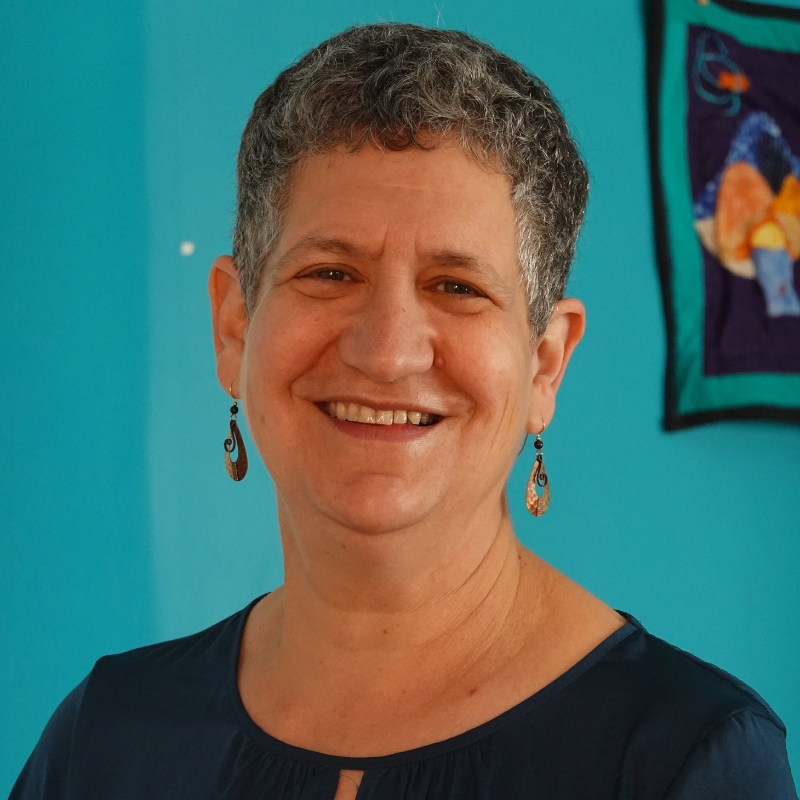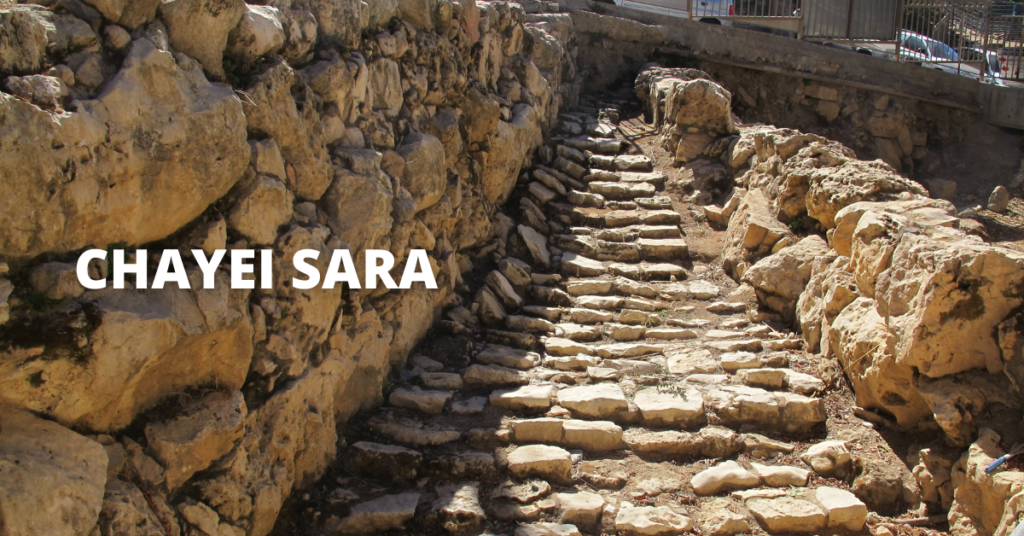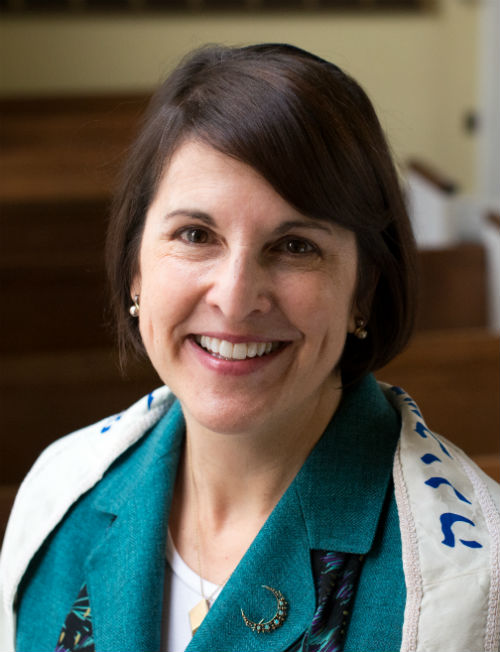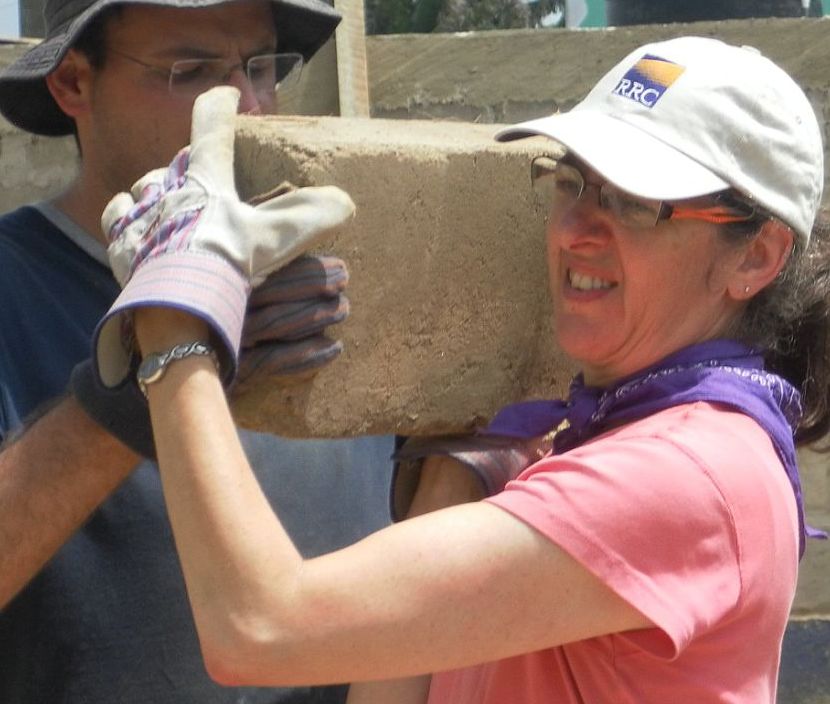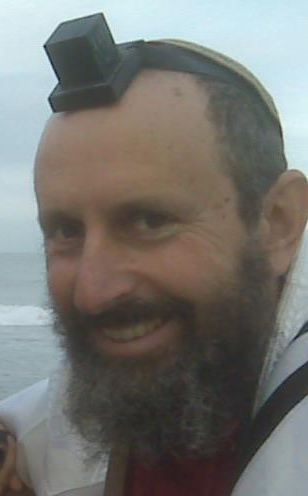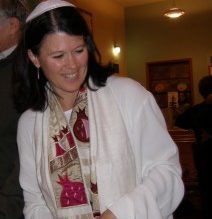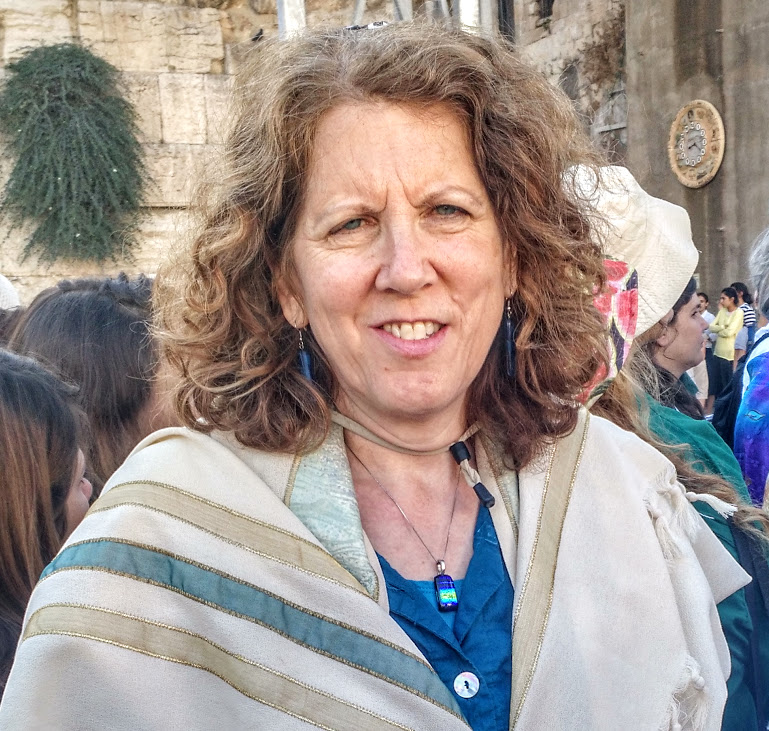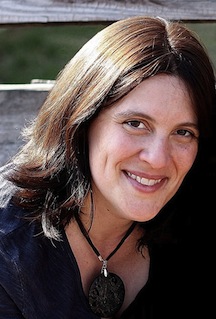Ancient Wisdom for this Post-Election Era
As I recall standing upon those millennia-old steps holding that aged stone in my hand, I take heart in the ancient truth that functional families, close friendships, and coalitions of decency with other religions and peoples have the capacity to sustain us, that historical perspective is a balm to mind, heart, and soul, and that pragmatic, sure, and visionary leadership is a hedge against societal chaos and an opportunity to seek the fulfillment of our people’s
and nation’s highest aspirations.
read more


